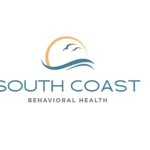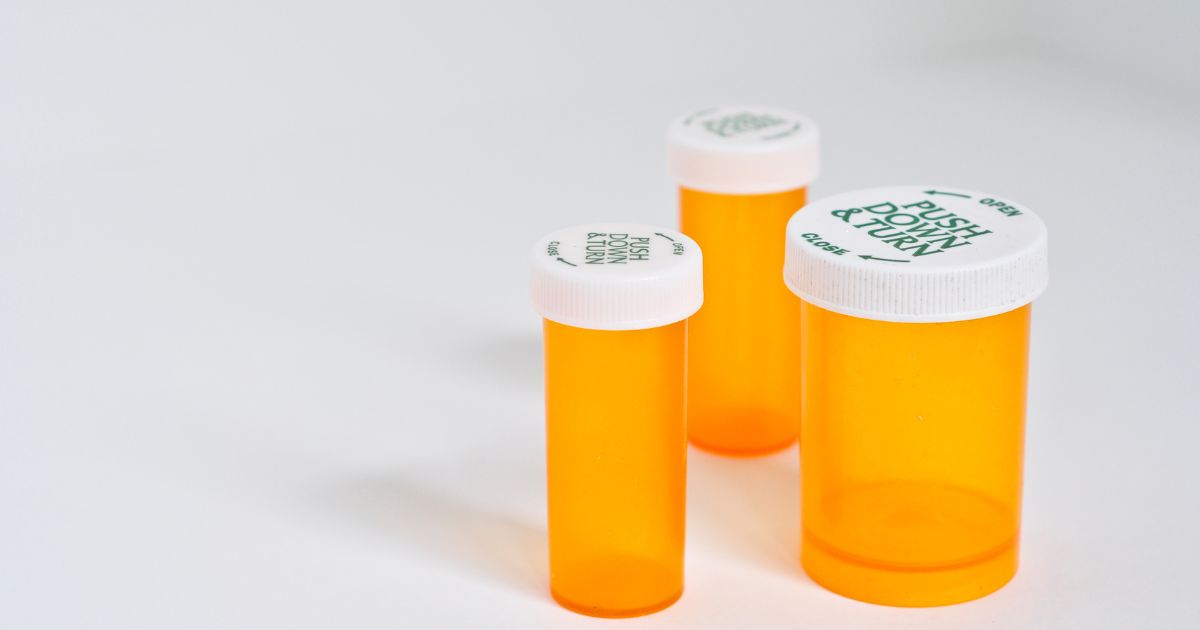None of us are perfect. While it’s easy for most of us to understand this intellectually, sometimes it’s not so easy to internalize it — to put it into practice. When we make mistakes, we tend to be very hard on ourselves, unwilling to leave the past behind.
For those in addiction recovery, learning to accept the past and move on is particularly important. Yes, you may have done things you are not proud of during your days of drug and alcohol abuse, but that’s not who you are now. Accepting your mistakes is crucial for emotional, mental, and spiritual growth.
If you are trying to recover from addiction but find yourself filled with regrets, it is important to understand the value of self-acceptance in recovery.
How Does the Past Affect Our Present?
Our past experiences shape our present in a myriad of ways. Beliefs, behaviors, and emotions are formed from past experiences that we may no longer think about, manifesting themselves in ways we may not always understand.
For those battling addiction unresolved trauma, negative emotions, and past failures can act as triggers, leading to a cycle of substance use to cope with the pain. Once drug and alcohol abuse leads to addiction, the addicted person may feel driven to lie to, steal from, and abuse their loved ones. Oftentimes the person will intensely regret their actions. With their self-respect damaged, they may turn again to alcohol and drug abuse to cope with the pain, leading to a vicious cycle.
Recognizing and acknowledging these past experiences is essential to break the cycle and recover from any and all addictions.
Is It Possible To Forgive Yourself?
Forgiving oneself is an essential step in the recovery process. Many in addiction recovery struggle with feelings of guilt, shame, and self-blame for their past actions, which can hinder their progress.
It’s crucial to understand that nobody is perfect, and everyone makes mistakes. Self-forgiveness is about accepting responsibility for past actions while also recognizing the need for self-compassion and understanding. By doing so, individuals can learn from their past experiences and recover from a substance use disorder.
It’s also important to remember, however, that self-forgiveness is a process, and it won’t happen overnight. You may need to work with a therapist, attend support groups, or practice self-care to get to a place where forgiveness feels possible. As you continue to heal and grow in treatment, self-forgiveness can help you move on from the past and create a more joyful life in recovery.
Can Forgiveness Help With Addiction Recovery?
To truly recover from addiction, it’s crucial to forgive not only yourself but others who may have contributed to your substance abuse. Resentment, anger, and other negative emotions are ultimately at the root of drug and alcohol abuse; keeping them in your heart will prevent you from healing and make it harder to recover from drug and alcohol abuse.
Forgiveness allows individuals to let go of resentment, anger, and negative emotions that can fuel addictive behaviors. Moreover, it fosters a sense of self-worth and helps individuals build stronger, healthier relationships with themselves and others. And, most of all, forgiveness means freedom – freedom from anger and bitterness.
Persevering Through Setbacks With Self-Acceptance
Self-acceptance is a necessary part of addiction recovery. While taking accountability for your role in past mistakes is important, you should also acknowledge your positive qualities too. As you practice self-compassion, you can also learn to celebrate your successes, which can help you build a healthier relationship with yourself. In turn, you will be able to better manage setbacks and stay motivated to continue your recovery journey.
Another important part of recovery is accepting that setbacks can happen. In fact, the best way to persevere through setbacks is to accept them, learn from them, and move on. Reminding yourself that you have the power to improve your life, no matter how many times you stumble, is an incredible motivator. By doing this, you can focus on maintaining a healthy recovery lifestyle.
Both self-acceptance and recovery from addiction are about the journey, not a destination. Likewise, self-forgiveness takes practice and patience, but it’s well worth the effort. With time and dedication, you can recover from addiction and lead a fulfilling life.
How Can Substance Abuse Treatment Help Me Recover From Addiction?
Substance abuse treatment plays an essential role in helping people confront their past and recover from addiction. A comprehensive addiction treatment program will typically include various therapy approaches such as individual counseling, group therapy, family therapy, and cognitive-behavioral therapy (CBT). These methods can help individuals identify the root causes of their alcohol or drug addictions, develop healthy coping strategies, and build a strong support network so they can get better.
Recover From Addiction With South Coast Behavioral Health
South Coast Behavioral Health is a California treatment center committed to offering compassionate and science-based substance abuse treatment. We offer trauma for therapy and cognitive behavioral therapy which can help you overcome negative emotions. Counseling, combined with inpatient treatment or one of our other treatment programs, is the best way to help you on your recovery journey.
With the help of one of our substance abuse treatment programs, you can learn to forgive yourself and others for past alcohol and drug abuse, ultimately leading to a healthier, more fulfilling life.
If you need help with a substance use disorder or any problems with alcohol and drug addictions, call us at 866-881-1184 or fill out our secure contact form. Our team of highly credentialed experts at our addiction treatment center is here to answer your questions and help you recover from addiction.
REFERENCES:










